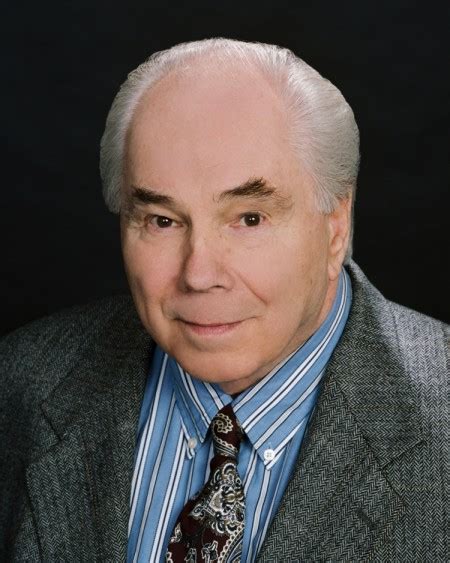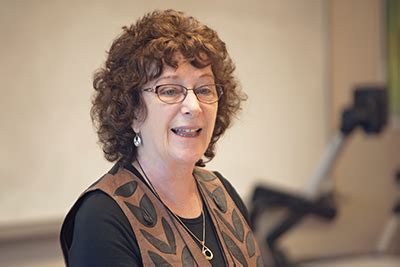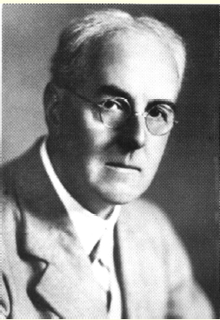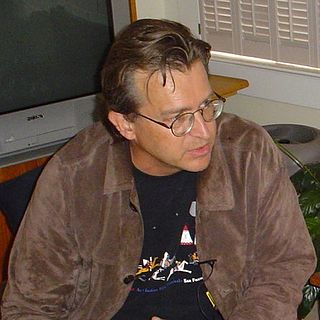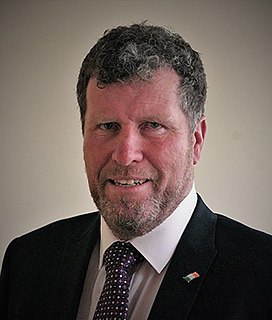A Quote by Ernest Kurtz
[A] journey becomes a pilgrimage as we discover, day by day, that the distance traveled is less important than the experience gained.
Related Quotes
A man of my acquaintance once wrote a poem called "The Road Less Traveled", describing a journey he took through the woods along a path most travelers never used. The poet found that the road less traveled was peaceful but quite lonely, and he was probably a bit nervous as he went along, because if anything happened on the road less traveled, the other travelers would be on the road more frequently traveled and so couldn't hear him as he cried for help. Sure enough, that poet is dead.
Once you explore life outside of work, it becomes addictive. The less you work, the less you want to work. At first, the odd afternoon off seems like a fantastic luxury. Before long, you are opting for a four-day week. Then a four-day week becomes an intolerable demand on your time, so you find a way of moving to a three-day week.
I am convinced that pilgrimage is still a bona fide spirit-renewing ritual. But I also believe in pilgrimage as a powerful metaphor for any journey with the purpose of finding something that matters deeply to the traveler. With a deepening of focus, keen prepartion, attention to the path below our feet, and respect for the destination at hand, it is possible to transform, even the most ordinary journey into a sacred journey, a pligrimage.
I would like to travel light on this journey of life, to get rid of the encumbrances I acquire each day. . . . The most difficult thing to let go is my self, that self which, coddled and cozened, becomes smaller as it becomes heavier. I don't understand how and why I come to be only as I lose myself, but I know from long experience that this is so.
The paradox: there can be no pilgrimage without a destination, but the destination is also not the real point of the endeavor. Not the destination, but the willingness to wander in pursuit characterizes pilgrimage. Willingness: to hear the tales along the way, to make the casual choices of travel, to acquiesce even to boredom. That's pilgrimage -- a mind full of journey.
I don't think that developing countries gained from a two-stage process. A single phase summit (which is, after all, a two year process, not a three day event) would have built awareness, and would probably have led to more substantive conclusions at the end of the first summit meeting. Civil society may have gained a bit more from the networking experience, but it was less effective at networking in the second phase.
As a general rule of biology, migratory species are less 'aggressive' than sedentary ones. There is one obvious reason why this should be so. The migration itself, like the pilgrimage, is the hard journey: a 'leveller' on which the 'fit' survive and stragglers fall by the wayside. The journey thus pre-empts the need for hierarchies and shows of dominance. The 'dictators' of the animal kingdom are those who live in an ambience of plenty. The anarchists, as always, are the 'gentlemen of the road'.
Day-to-day scheduling is always a conflict. You go, "Oh, I want to go to that awards show because when am I ever going to do that again?" But then you go, "Yeah...except this other thing is more important." It's more the micro day-to-day stuff that becomes a daily task as opposed to worrying too much about the career.
